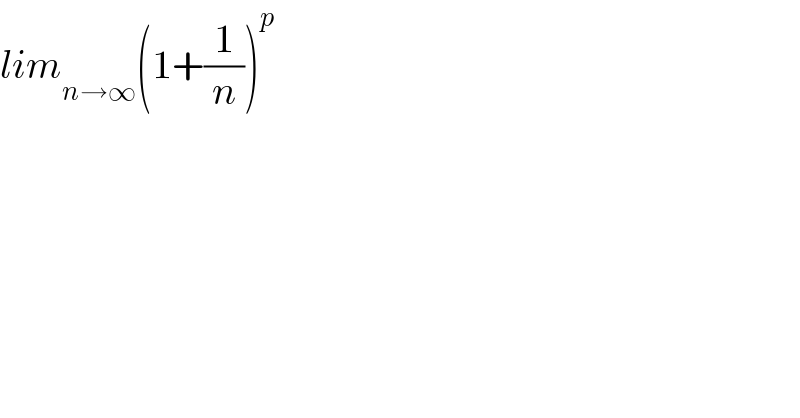
Question and Answers Forum
Question Number 144307 by mohammad17 last updated on 24/Jun/21

Commented by mohammad17 last updated on 24/Jun/21

Answered by Dwaipayan Shikari last updated on 24/Jun/21

Answered by mathmax by abdo last updated on 25/Jun/21

